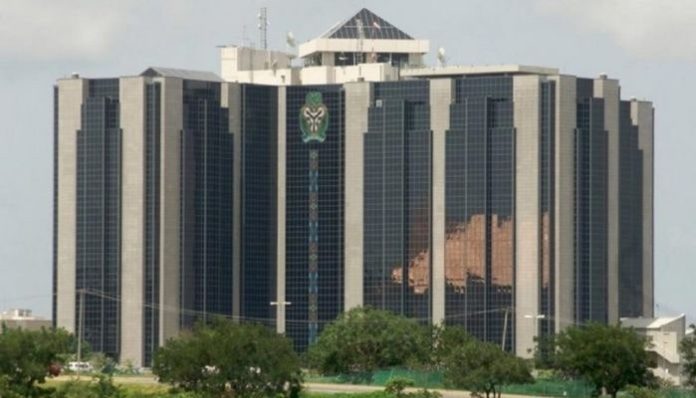The services sector has maintained a top position in Nigeria’s bank credit utilisation landscape, as confirmed by recent data from the Central Bank of Nigeria (CBN).
In the second quarter of 2024, the total bank credit utilisation rose by 4.68 percent, reaching N55.71 trillion. This growth highlights the role of the services sector in absorbing bank loans, accounting for over half—51.52 percent of total credit disbursed in this period, followed closely by industry and agriculture sectors at 44.10 percent and 4.38 percent, respectively.
The rise in credit usage by the private sector points to broader economic trends. Credit to private entities grew significantly by 27.46 percent year-on-year, reaching N75.84 trillion as of September 2024. Compared to N59.50 trillion in the same month last year, the growth underscores a steady increase in banks’ support for private businesses, helping them expand and stimulate economic activities.
This expansion in credit is influenced by a broader upward trend in monetary aggregates, impacted by currency depreciation and increased credit to critical sectors of the economy. As a result, Nigeria’s broad money supply (M3) surged, driven by simultaneous increases in both net foreign assets (NFA) and net domestic assets (NDA). The CBN’s restrictive monetary policy stance led to a rise in key short-term interest rates. However, the equities market in Nigeria experienced a slowdown as investors, faced with high interest rates, shifted focus to fixed-income securities offering attractive yields. The shift caused a bearish trend in the equity markets, indicating investor caution and a preference for safer investment options amid rising interest rates.
The CBN’s data further reveal a rise in reserve money in Q2 2024, marking a 1.16 percent increase from the end of December 2023, to reach N25.02 trillion. The increase was primarily driven by a 10.82 percent rise in currency-in-circulation (CIC), which reached N4.05 trillion. Components of CIC, particularly physical notes and coins, grew to N4.03 trillion by the end of June 2024. Additionally, the eNaira—a digital currency introduced by the CBN—saw growth from N0.01 trillion in March 2024 to N0.02 trillion by June, reflecting a gradual increase in adoption.


